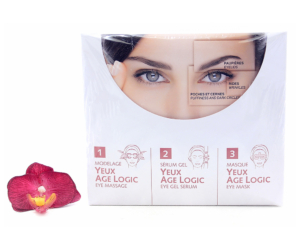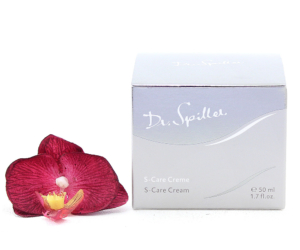Body Care
What is the best calcium supplement for women
If you’re looking for the best calcium supplement for women, it might be worth looking at the individual rather than the gender.
While the basic rules apply that the calcium intake of a person should be as follows:
Ages Milligrams Per Day
9–18 1,300
19–50 1,000
51 and older 1,200
There is still a widening proportion of women suffering from bone weakening conditions like osteoporosis. What is more, pregnant women are also prone to calcium deficiencies as they grow their baby in utero for nine months. On top of this, breast feeding is also a calcium drainer, as lactation takes extra nutrients from the mother.
With this in mind, it is a good idea to be mindful of the exact amounts of calcium that are being consumed day to day. With certain health conditions and diets, it is not always easy to get the full amount of calcium in.
Calcium supplements are a good way of getting this essential nutrient. These supplements come in many different forms, but the main two are calcium carbonate and calcium citrate.
To find out which one is best for you, we outline the pros and cons, but your heath care provider, doctor or GP will be able to advise on exactly the best thing to do for your calcium intake based on you and your health.
Calcium carbonate
- Cheaper
- More widely available
- To be taken with food
- Harder to digest
Calcium citrate
- A little more expensive than calcium carbonate
- Can be taken with or without food
- Gentler on the digestive system so better for elderly patients or anyone who suffers from heartburn or acid reflux.
While calcium citrate seems like the most sensible option – despite the slight increase in cost, the absorption of calcium still remains the same. That’s why it is recommended that any type of calcium supplement is taken with or alongside magnesium and vitamin D supplements. This helps the body absorb and process the valuable qualities of the mineral for bone and muscle development – as well as many other important functions.

 Français
Français Русский
Русский






















